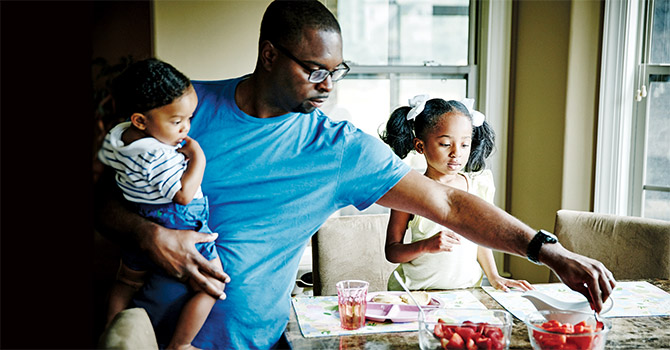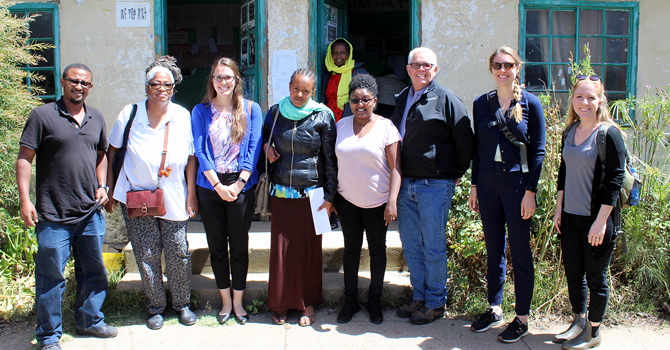
Environmental Monitoring Will Be Key as World Reaches Global Polio Eradication
New Research from Andrew Brouwer
Robust environmental monitoring should be used as the world approaches global eradication of polio, say researchers from the University of Michigan School of Public Health who recently studied the epidemiology of the 2013 silent polio outbreak in Rahat, Israel.





